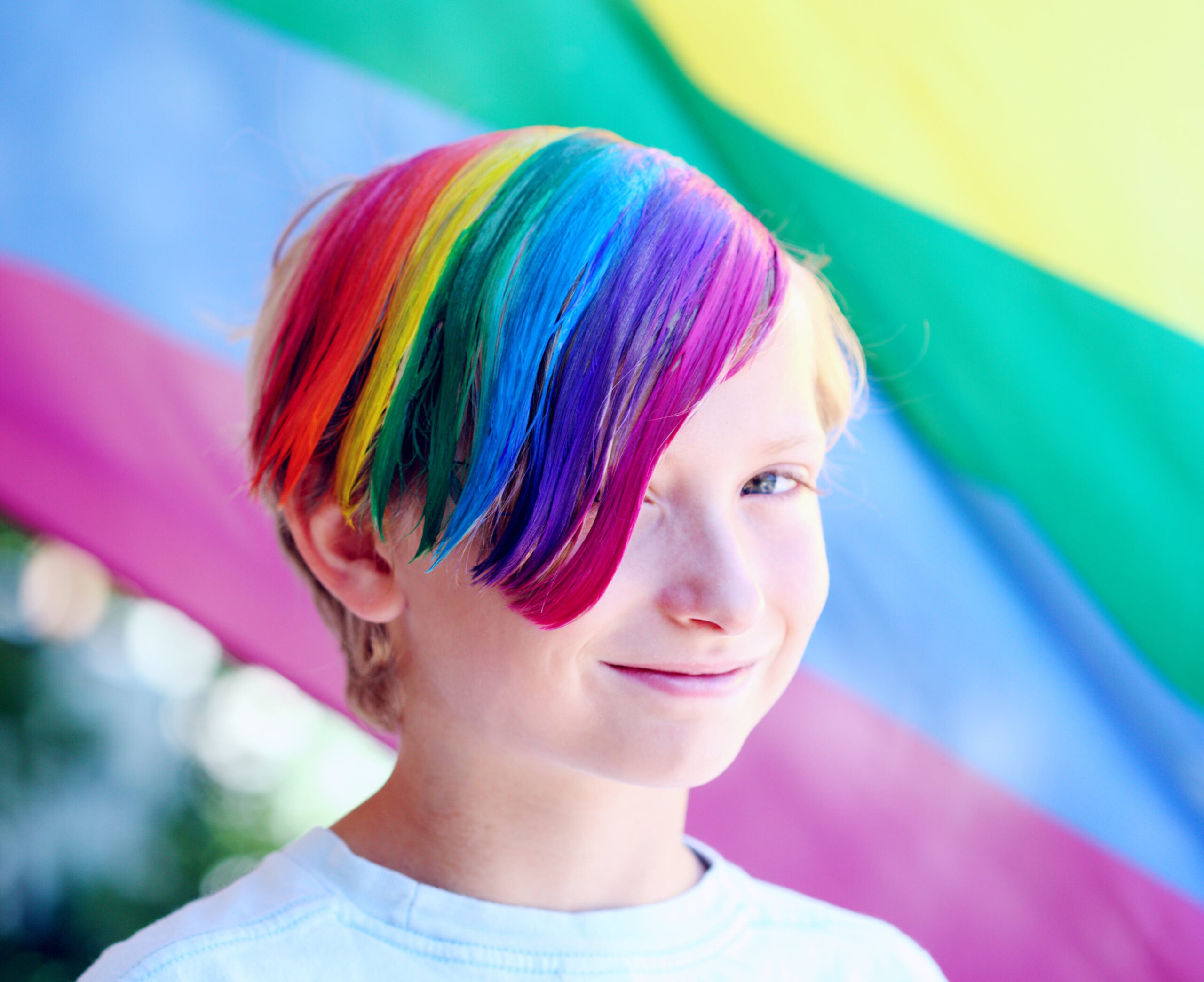
Child custody disputes can be complex and emotionally charged, especially when they involve the gender identity or sexual orientation of a child. These issues raise unique legal and ethical questions, and courts across the United States have grappled with how to address them while upholding the best interests of the kids in question. But how do courts handle these sensitive matters? And what cases should you know about that have shaped the legal approach to these types of disputes?
Laws are always changing
Historically, courts have shown a bias against LGBTQ+ parents in custody disputes, often favoring heterosexual parents. One example of this is in the case of Bottoms vs Bottoms (1995) in which the Virginia Supreme Court affirmed a lower court’s decision to award custody of a child to the grandmother rather than the child’s biological mother, who was living with a female partner.
Growing social science research demonstrates that LGBTQ+ individuals are equally effective as parents and that children raised by them are as well-adjusted as their peers raised by heterosexual parents. But are there any laws to protect children who identify as LGBTQ+ during custody battles?
While there aren’t many precedents set for these types of cases, there are a few legal considerations to keep in mind if you’re involved in this type of case.
- LGBTQ+ youth in state custody, including those in foster care, are entitled to equal protection under the Fourteenth Amendment’s Equal Protection Clause. This includes the right to be safe in their placements and to be free from discrimination and harassment due to their gender identity or sexual orientation.
- Courts generally focus on the best interests of the child when determining custody arrangements, regardless of the child’s or parent’s sexual orientation.
- The legal landscape is dynamic, and the specific protections and considerations for LGBTQ+ children in custody disputes may differ based on jurisdiction and individual case circumstances.
It’s for this reason that consulting with a local family law attorney who is familiar with LGBTQ+ issues may be helpful.
You’re a parent – what can you do?
One of the most important things you can do as a parent is to ensure that either blatant or even subtle forms of discrimination your child deals with are handled quickly and legally. Another is to ensure that the focus is always on your child’s best interest.
You may encounter blockers both at court and outside of court, so ensuring your LGBTQ+ child’s well-being always comes first. In these types of cases, it may be a good idea to involve mental health professionals who are knowledgeable about the nuances of parenting an LGBTQ+ child and can assist in providing courts with informed, unbiased evaluations.
The journey towards a more equitable legal system in the context of child custody disputes involving gender identity and sexual orientation is ongoing. While significant strides have been made, the need for continued education, awareness, and legal reform remains imperative. And as more and more diversity in family structures becomes the norm, we all have to evolve to keep our children safe and secure, regardless of their gender or sexual preferences.
